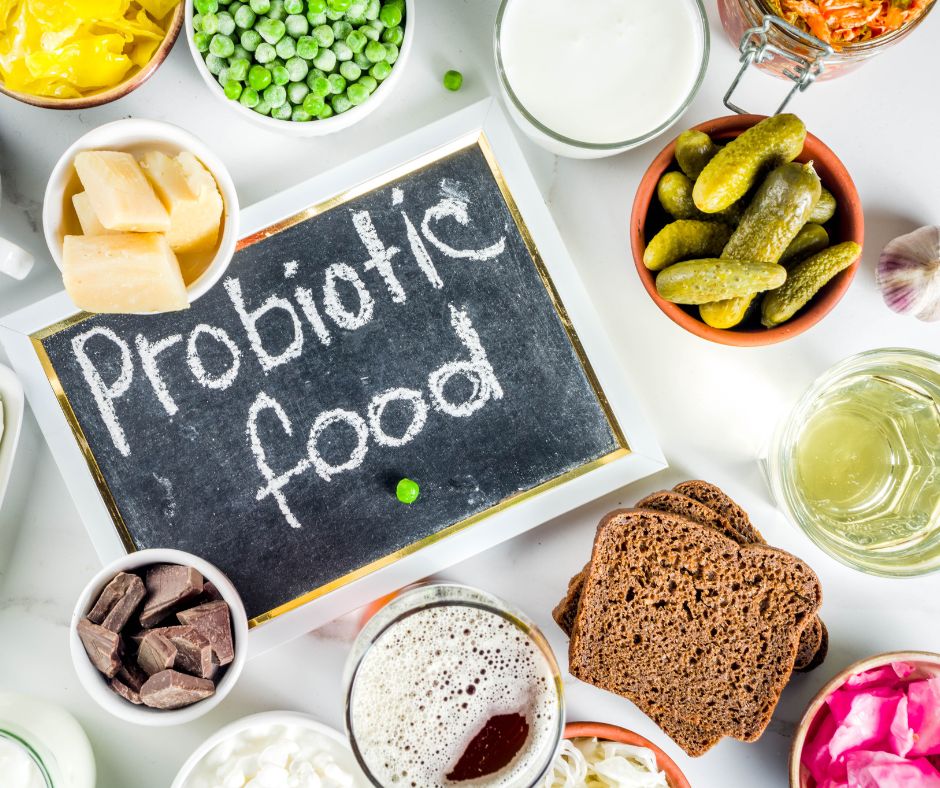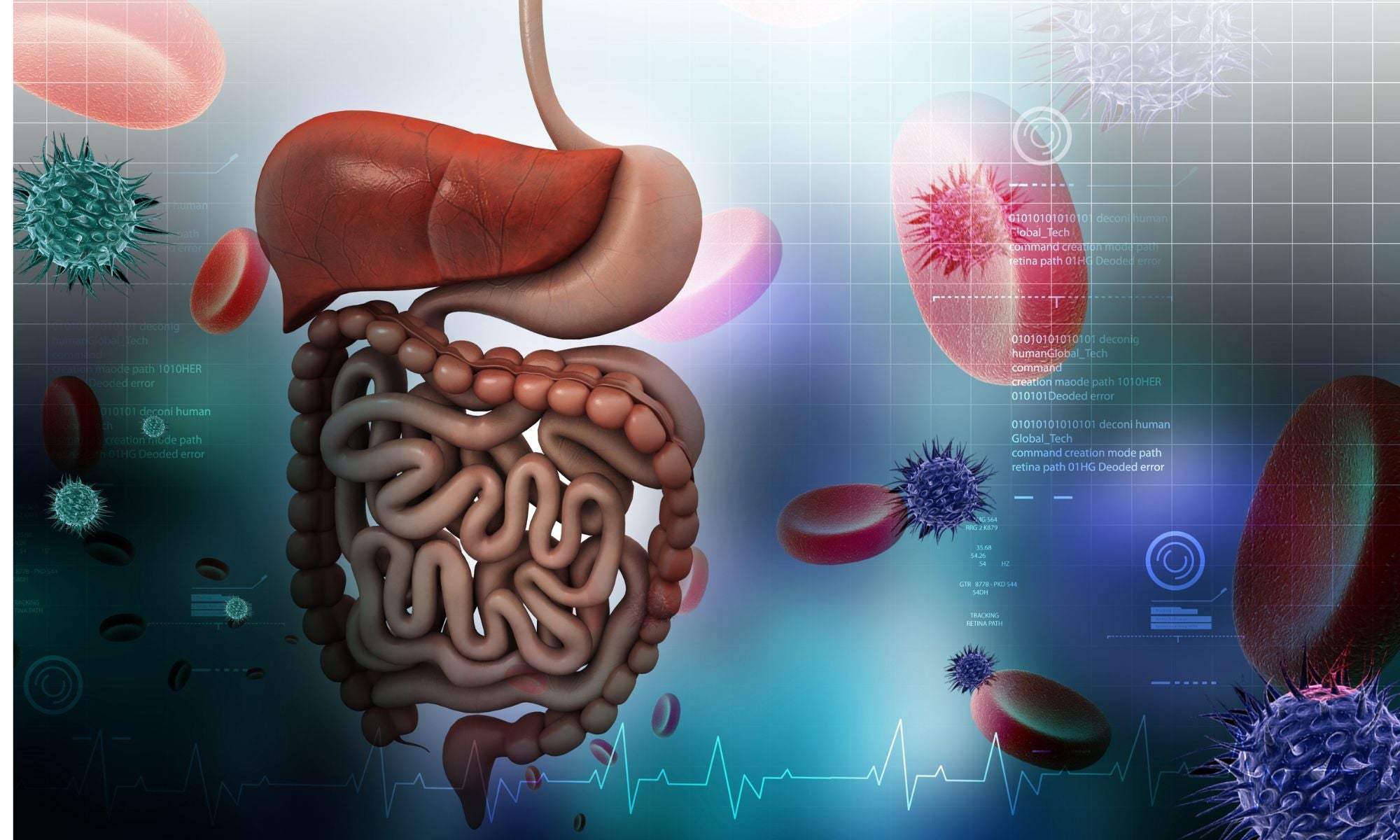
Foods to Feed Your Gut Microbiome
Your gut microbiome is an essential part of your overall health and well-being is composed of trillions of bacteria, fungi, and other microorganisms that contribute to everything from immunity to digestion. Eating the right foods is essential for keeping your gut microbiome healthy, so knowing which foods can give your gut the best nutrition is necessary. This blog post will explore some of the best foods to feed your gut microbiome and how they can help support your overall health.
Fiber
Having a healthy gut microbiome is essential for your overall health and well-being. The gut microbiota is a complex ecosystem of bacteria, viruses, fungi, and other organisms that work together to help the body perform essential functions. To keep your gut microbiome healthy and functioning optimally, one of the best dietary changes you can make is to get plenty of fiber in your diet.
Fiber is an essential nutrient for your gut microbiome as it helps to nourish the beneficial bacteria and promote health. It also aids digestion by moving food and waste through your body, regulates blood sugar levels, and can help reduce bad cholesterol. By incorporating more fiber-rich foods into your diet, you can help ensure that your gut microbiome is healthy and optimal.
Vegetables are a nutritious powerhouse, providing dietary fiber, vitamins, minerals, and antioxidants. Choose dark, leafy greens for their high fiber content and vitamins A, C, and K. Aim to eat at least five servings of vegetables in various colors and types daily.
Fruits contain dietary fiber, vitamins, minerals, and antioxidants. Apples, pears, oranges, bananas, and berries are the fruits with the highest fiber content. Eating various fruits can ensure you get all the different types of fiber your body needs.
Nuts and seeds are rich sources of fiber, healthy fats, and protein. Almonds, walnuts, chia seeds, flaxseeds, and hemp seeds are all excellent choices. Nut and seed butter, such as almond butter and tahini, are other excellent sources of fiber and nutrition. Incorporate these into your diet to maximize your daily fiber intake.

Probiotics
Probiotics are live microorganisms that are believed to provide health benefits when consumed. Found in fermented foods and dietary supplements, probiotics can help restore the balance of beneficial bacteria in your gut microbiome - improving your digestive and immune health. Not only can probiotics be taken as a supplement, but they can also be found in the foods you eat.
Fermented dairy products like yogurt, kefir, and cheese are fantastic sources of beneficial probiotics, providing added advantages like calcium and protein. Kefir, in particular, is an incredibly probiotic-rich drink that can be enjoyed on its own or blended into smoothies or other beverages. Incorporating various probiotic-rich foods into your diet is an excellent way to promote a healthy gut microbiome.
In addition to dairy products, fermented vegetables such as sauerkraut and kimchi are also excellent sources of probiotics. These vegetables are full of beneficial bacteria and can be used to add flavor and texture to a variety of meals. Sauerkraut is also an excellent source of dietary fiber, which aids in maintaining a healthy digestive system.
Miso, a traditional Japanese seasoning made from fermented soybeans, is an excellent source of probiotics and can be added to soups, stews, and sauces. Tempeh is a fermented soy product high in protein and provides various health benefits.
Kombucha is a fermented tea loaded with beneficial bacteria and can be enjoyed as a beverage or used as a base for dressings and marinades. Pickles are also a great source of probiotics, as they are typically fermented in a brine solution.
Prebiotics
Prebiotics are non-digestible fibers that feed the beneficial bacteria in your gut. Found naturally in various foods, such as grains, vegetables, fruits, and legumes, prebiotics help increase the diversity and number of beneficial bacteria in your gut, protecting it from disease-causing microorganisms and maintaining your overall health.
Legumes such as beans, lentils, and peanuts are all rich sources of dietary fiber and prebiotics. Eating legumes regularly can help promote the growth of beneficial bacteria in the gut. Whole grains like oats, barley, quinoa, and brown rice are also great sources of prebiotics. Eating a variety of vegetables such as onions, garlic, asparagus, and artichokes can help to maintain a balanced gut microbiome.
Fruits like apples, bananas, blueberries, and strawberries are also excellent sources of prebiotics. Nuts and seeds such as almonds, walnuts, sesame, and flaxseeds are also rich in prebiotics and can help to feed the beneficial bacteria in your gut.
Feed your gut microbiome with these foods to keep it healthy and balanced!
Conclusion
In conclusion, a diet rich in fiber, prebiotics, and probiotics is the best way to support a healthy gut microbiome. Red meat should be limited, as it can harm the gut microbiome. Eating various fruits, vegetables, and other plant-based foods is the best way to ensure a healthy gut microbiome.












